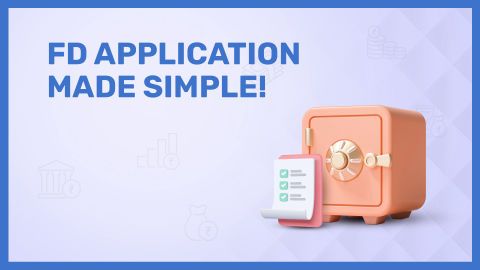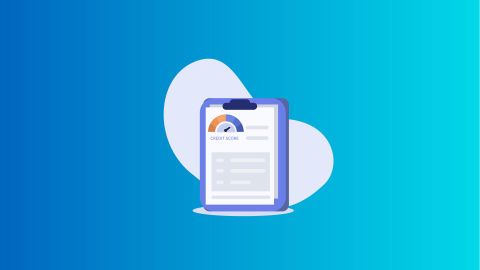Link Aadhaar with birth certificate
Linking Aadhaar with birth certificates has become a focal point in India’s efforts to streamline identity verification processes from birth. This integration aims to ensure that every newborn is registered with a unique identification number, enhancing the accuracy of demographic data and simplifying access to various government services throughout their lifetime.
UIDAI’s plan to link Aadhaar to birth certificate
Recently, the Employees’ Provident Fund Organisation (EPFO), under India’s Ministry of Labour and Employment, stated that Aadhaar cannot be accepted as a document for correcting or updating the date of birth, according to a report by the Economic Times. The EPFO, in a circular dated January 16, 2024, referenced a Unique Identification Authority of India (UIDAI) letter stating that Aadhaar should not be used as proof of date of birth (DoB). This clarification came after the UIDAI had previously asserted that while Aadhaar can be used as proof of residence and identity, it is not valid for confirming DoB.
Furthermore, a recent ruling by the Bombay High Court dismissed a petition seeking Aadhaar information to resolve discrepancies in the birth dates of an accused who had two Aadhaar cards with different birth dates. The court maintained that a birth certificate, not Aadhaar, should be used to validate the date of birth.
Why it matters?
The recent clarifications by the EPFO and UIDAI highlight that Aadhaar is not an acceptable proof for verifying age or date of birth. Despite this, both Central and State governments are undertaking projects to link birth records with Aadhaar numbers. The goal is to ensure every child is issued an Aadhaar number at birth, aiming to improve service delivery and ensure accurate demographic records.
However, this initiative raises concerns. Despite legal clarifications, individuals are often required to produce multiple documents, including Aadhaar, when registering a newborn’s birth. This requirement can lead to confusion and potentially coercive practices by officials demanding Aadhaar submissions unnecessarily. The distinction between using Aadhaar for identity proof and its unsuitability for DoB verification must be clearly communicated and adhered to, to prevent misuse and ensure compliance with legal standards.




